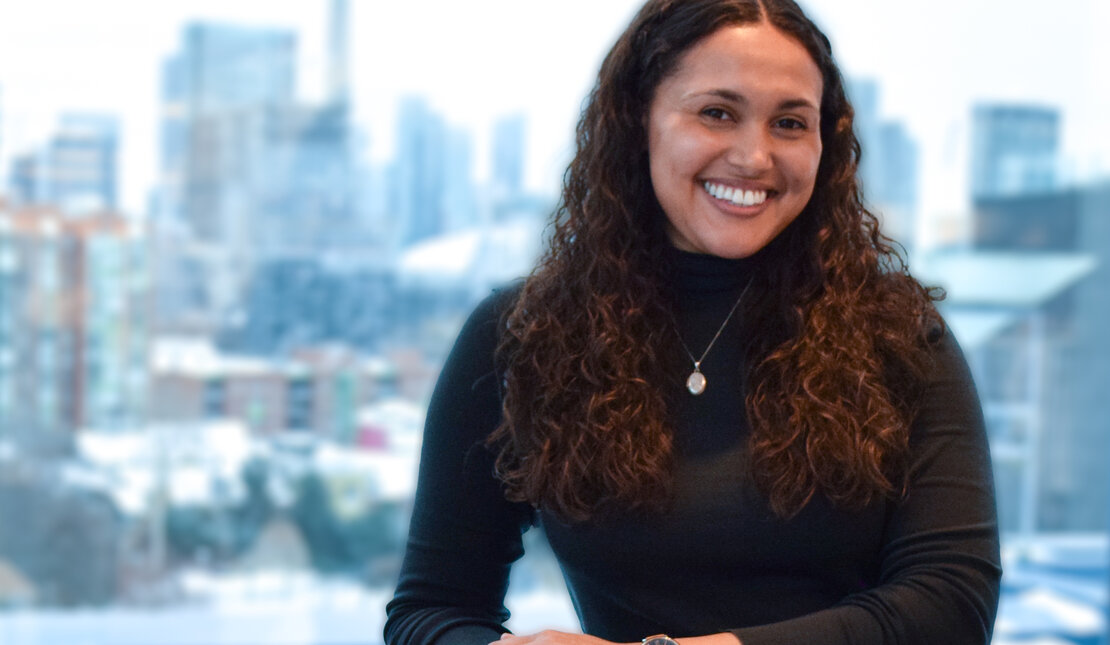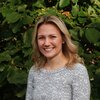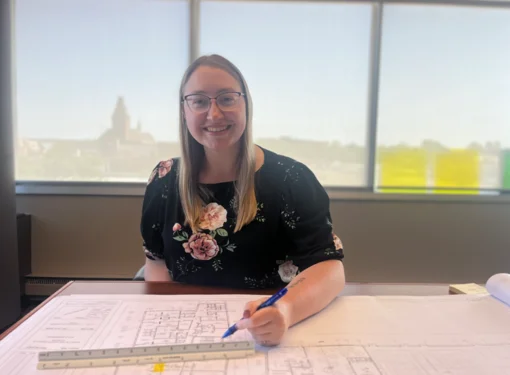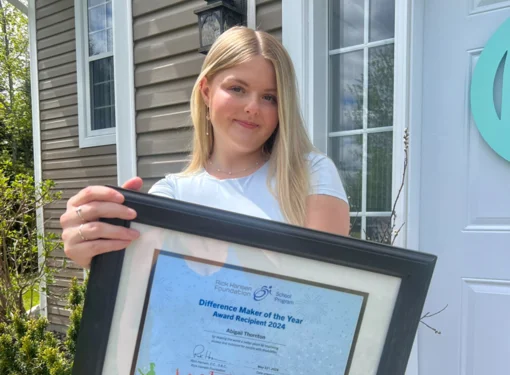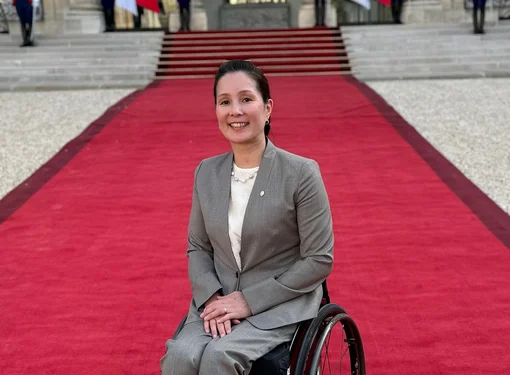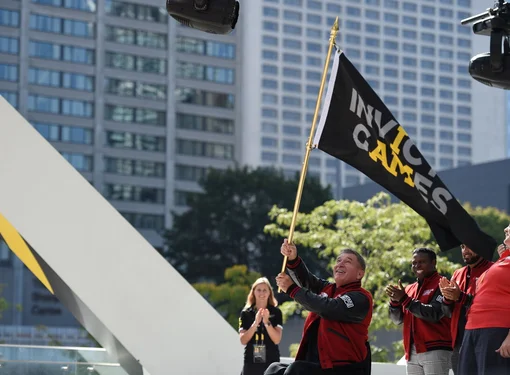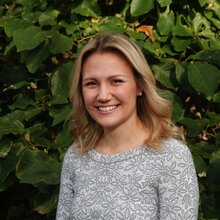Haley Rae Dinnall-Atkinson Uses Learnings as an RHFAC Professional to Improve the Built Environment and Teach Others
Haley Rae Dinnall-Atkinson had learned about the Rick Hansen Foundation Accessibility Certification™ (RHFAC) Training from a variety of industry partners since her graduation from post-secondary at Ontario College of Art and Design (OCAD) University in 2016 in Environmental Design.
Dinnall-Atkinson is now a Toronto-based Accessibility Specialist at Human Space, an accessibility, wellness and inclusive design consultancy of BDP. She helps to create thoughtful and innovative solutions that promote equity, wellbeing, and participation in the built environment. In her current role, she primarily focuses on services such as consulting, certification and benchmarking, developing guidelines and standards, building audits, and training. She contributes her technical expertise on national, provincial, and municipal accessibility requirements and better practices.
Dinnall-Atkinson was supported to receive RHFAC Training with previous employers in the accessibility consultation space, including LMDG Building Code Consultants, as well as StopGap Foundation, an organization working to create a world where every person can access every space. Across her work, becoming an RHFAC Professional continued to be front of mind. When she landed at Human Space, a global collective of experts and specialists working with placemakers and city builders to create spaces for all, another colleague had completed the training, and Dinnall-Atkinson was also offered the opportunity to finalize her designation.
“Awareness is evolving around accessibility in the built environment across the country. The circle of interested parties around creating inclusive built environments for persons with disabilities is growing. Though many accessibility consultants have been working in the field for some time, RHFAC is a recognizable brand that builds traction for accessibility professionals. RHFAC is an example of a better practice that is growing recognition. It gives RHFAC Professionals the opportunity to associate the importance of the work they're doing,” Dinnall-Atkinson noted about the value of the professional training.
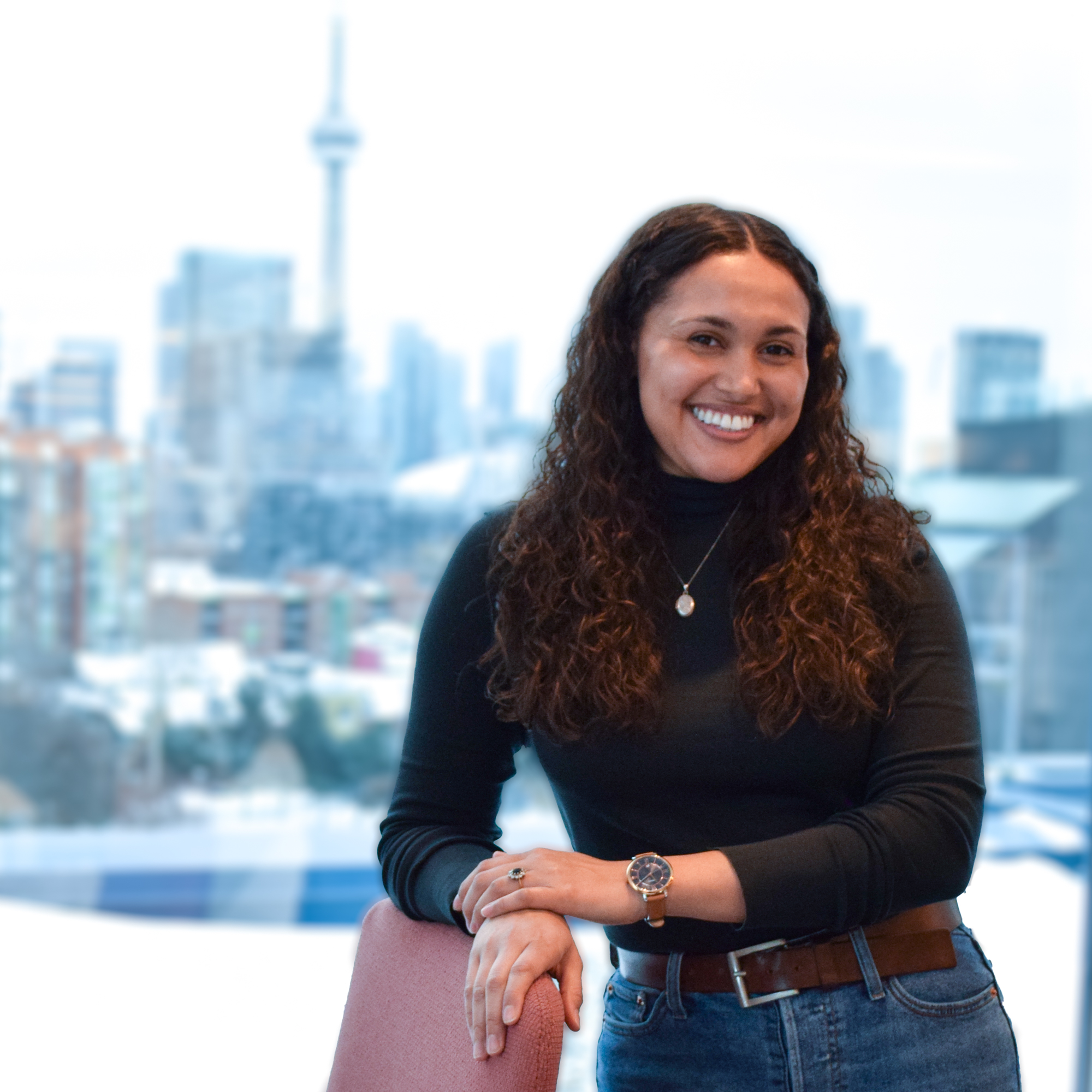
The RHFAC Training course teaches individuals how to use the RHFAC methodology to rate buildings on their level of meaningful access. Upon successful completion and passing the subsequent RHFAC Professional exam, individuals will obtain their RHFAC Professional designation, qualifying them to conduct RHFAC ratings for existing buildings and pre-construction plans. The training course provides a baseline understanding of how to interpret accessibility in the built environment. Layering on an understanding of accessibility in the built environment and collaboration with the disability community, accessibility consulting strengthens Dinnall-Atkinson’s ability to professionally, efficiently and effectively work with major clients to help them achieve their RHFAC.
Dinnall-Atkinson took the course in the fall of 2019 at Vancouver Community College and, after passing the subsequent exam, earned her RHFAC Professional designation.
"My work with Human Space has encouraged me to better understand my own identities and my own sense of belonging in the built environment. I am not a person with lived experience of disability, but my work allows me to be comfortable bringing forward conversations about access and inclusion by actively including and learning from people with a range of perspectives,” Dinnall-Atkinson explained.
“The RHFAC Training is a springboard to have larger conversations about access and inclusion in the built environment.”
Since taking the course and successfully becoming an RHFAC Professional, Dinnall-Atkinson said that the biggest change in her professional life has been the opportunity to “connect with the growing number of folks who are a part of this community,” and a larger professional network.
Dinnall-Atkinson is also an instructor at OCAD U, teaching Design: Inclusion & Well-Being. For Haley Rae, her background in environmental design, as well as lived, professional, and volunteer experiences, contribute to her unique perspective in accessibility consulting and educating others.
